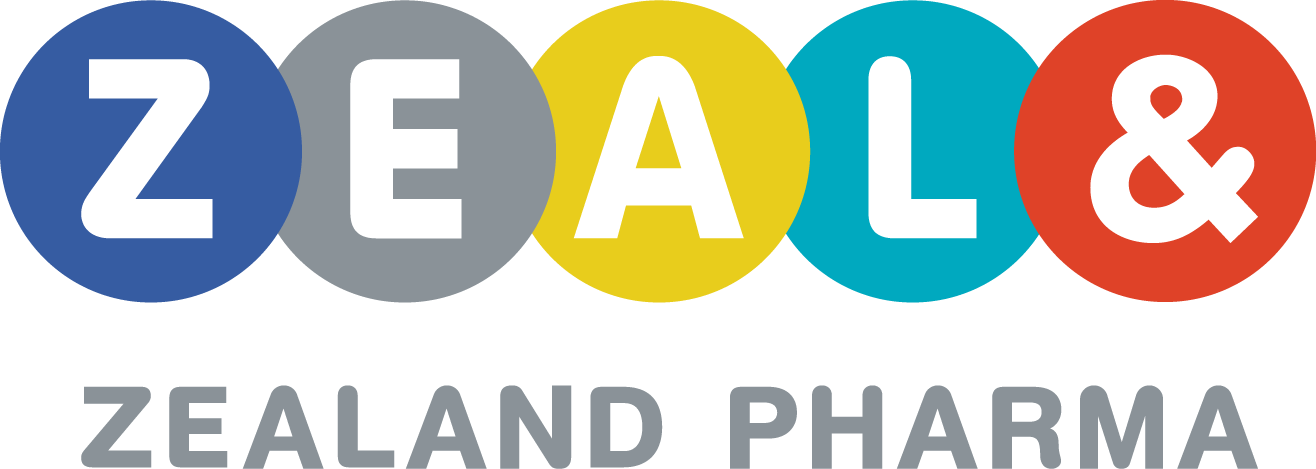Dasiglucagon Joins Push for Better Glucagon for Emergency Hypo Treatment
By Jeemin Kwon
 By Jeemin Kwon, Peter Rentzepis, and Ann Carracher
By Jeemin Kwon, Peter Rentzepis, and Ann Carracher
Zealand Pharma shared positive trial results for its dasiglucagon – 99% of participants recovered from hypo within 15 minutes of treatment
Zealand Pharma has announced positive results from a trial studying dasiglucagon, which aims to help people recover from extremely low blood sugar (severe hypoglycemia emergency). When treated with dasiglucagon, which is delivered via an autoinjector pen (similar to an EpiPen), 99% of participants recovered from hypoglycemia within 15 minutes of treatment. This data will be submitted to regulatory agencies like the FDA, which will decide whether or not to approve the new therapy.
168 people with type 1 diabetes participated in this trial, and success was defined as a 20 mg/dl increase in blood glucose levels. The average recovery time was 10 minutes with dasiglucagon, compared to 12 minutes with GlucaGen (Novo Nordisk’s glucagon treatment, which requires mixing powder and liquid right before injecting).
Dasiglucagon will likely be submitted for approval in 2019, meaning the earliest it could launch is probably in 2020.
In addition to emergency hypoglycemia treatment, dasiglucagon is also being studied as part of Beta Bionics’ automated, dual-chambered insulin + glucagon (bi-hormonal) pump. This is on a slightly longer timeline – Beta Bionics hopes to secure approval for an insulin-only system in 2020, followed by a bihormonal system a couple years later.
Two other new glucagon treatments for severe hypoglycemia are in development: Xeris’ glucagon rescue pen, a similar injection pen as dasiglucagon, and Lilly’s nasal glucagon. Both of these products have been submitted to the FDA, meaning we could see the first improved glucagon launch as soon as next year.
It’s hard to know how all these glucagons will compare, since they haven’t been studied head-to-head. (Zealand believes dasiglucagon may work slightly faster than the others.) What may be the differentiating factor is simply individual preference for a nasal spray or an autoinjector.







